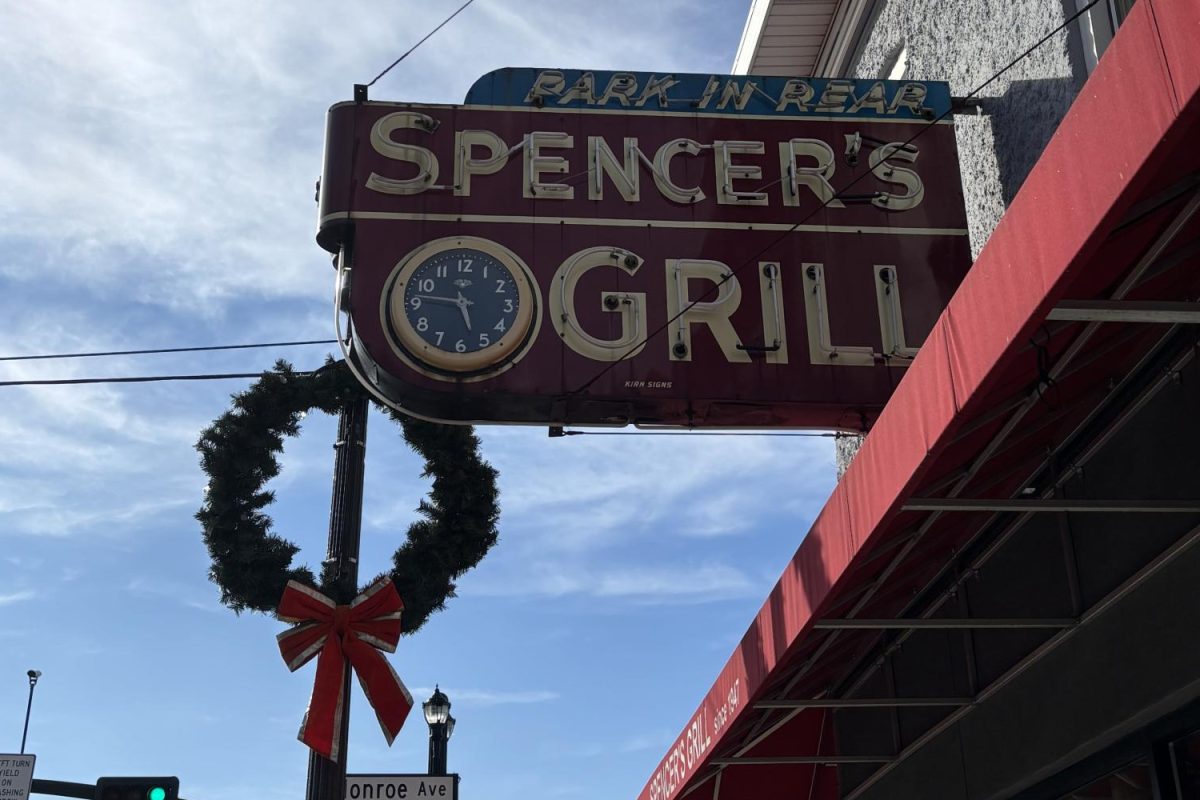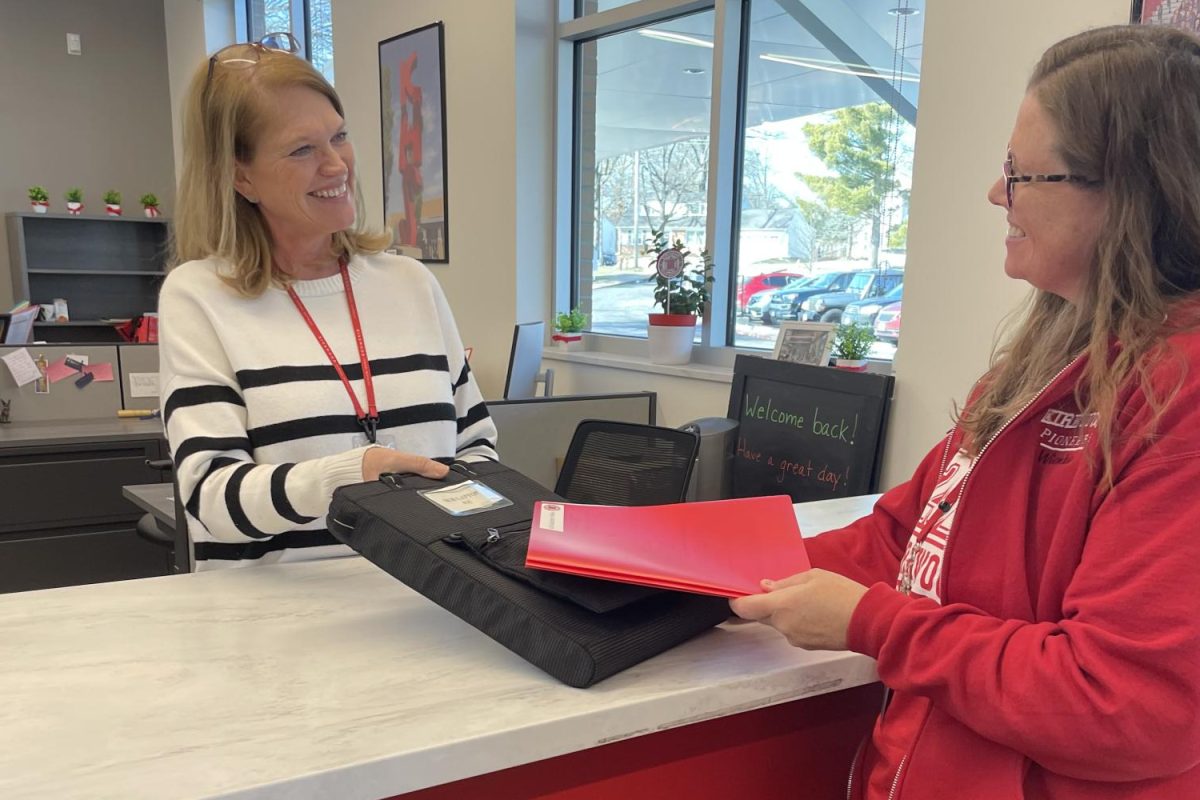For four KHS students, the start of a new decade was a night they wish they could forget. They were charged with the three-letter acronym with more taboo than a Webster Statesmen.
A Minor In Possession, or MIP, is a charge that results from the possession or consumption of alcohol in minors. MIP’s can only be enforced if a suspect is in possession of or has consumed at least one-fourth the legal limit of 0.08 percent blood-alcohol content. For the average teenage male, this would be equivalent to about one beer, one five-ounce glass of wine, or one shot of hard liquor.
“We were thinking somehow we’ll get out of this,” an anonymous freshman girl said, recalling when she and her friends were pulled over on New Year’s morning. “But I was freaking out. All I could say was, ‘Oh my God.’ We were at the police station until 4 a.m.”
Consequences can also come into play at school. If an athlete has received an MIP, he or she could be banned from playing sports for a season, for the rest of the year, or for the rest of high school. Not to mention trouble at home.
“At worst, I’ll have a 90-day driving restriction,” an anonymous sophomore boy awaiting trial for being pulled over with alcohol, said. “At home, I’m not allowed out for a long time.”
For first-time offenders, an MIP entails a visit to the Family Court, a circuit court division dealing primarily in juvenile delinquency. From there, a deputy juvenile officer decides the fate of the accused.
“Most of the time when people are referred to the Family Court they are placed on probation,” Geoffrey Morrison, Kirkwood police department detective, said. “And they have to do things like go to a drug and alcohol education class, get drug-screened and do community service work.”
MIP’s are no new issue to Kirkwood. A Call survey indicated that 73 percent of KHS students know someone who has received an MIP.
“We have a fair amount of teenagers and persons under 21 that live in town,” Chad Walton, school resource officer, said. “I know that when I was in patrol there were a fair amount of minor-in-possession’s written over my eight or nine years.”
In some situations, including one of the incidents that took place on New Year’s Eve, people accused with an MIP may not actually be the owners of the alcohol, but rather a friend, car driver or car passengers. In cases like these, officers try to determine who owns the alcohol, but if no one fesses up, then everyone involved could receive an MIP.
“It’s important to remember that the crime under the law is possession, not ownership,” Morrison said. “If somebody says, ‘That’s not my beer next to my feet,’ the law may say, ‘Well it’s next to your feet, so guess what? It’s your beer.’”
In order to steer clear from receiving an MIP, the best advice would be to avoid alcohol completely. However, the 2005 survey on National Drug Use and Health estimated that there were more than 11 million underage drinkers in the U.S., with 7.2 million being binge drinkers. Morrison advises to ask a friend or the driver of a car if they have any alcohol in their possession, or if they have been drinking. Also, check the car for anything illegal that may have been left behind by passengers. Under the Fourth Amendment, drivers can refuse a search of the car and trunk by a police officer unless they can see, smell or feel anything illegal.
“When we were sitting in the car, us girls were talking and we were like, ‘There’s no way this could happen. This is illegal,’” an anonymous freshman girl said. “He was searching the car and I don’t remember him getting permission But we were sitting there thinking, ‘We can’t get in trouble because this can’t be legal,’ but I guess we were wrong.”








